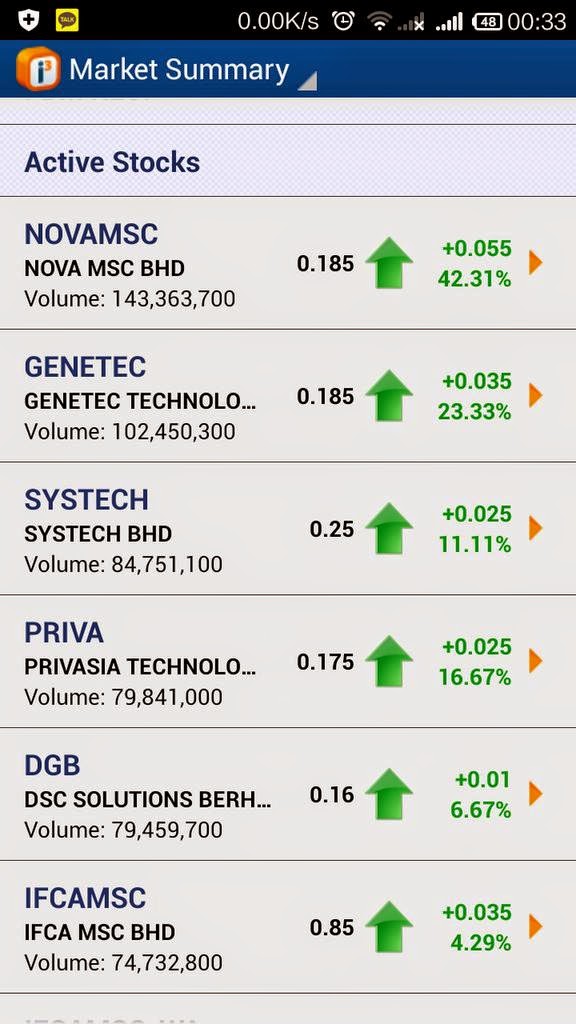Investing in the stock market can be an exciting and potentially lucrative venture. While many investors are drawn to the allure of high-risk, high-reward penny stocks, there is often confusion surrounding whether or not these stocks can be purchased through popular brokerage platforms like Fidelity.
In this article, we will explore the world of penny stocks, their inherent risks, and whether or not you can trade them on Fidelity. We will also delve into Fidelity’s fees and provide insights into whether investing in penny stocks is truly worth it.
What are Penny Stocks?
Penny stocks are low-priced securities that trade at a relatively low market capitalization, typically below $5 per share. They are often associated with small companies that may have limited financial resources or unproven business models.
Due to their affordability and potential for rapid price swings, penny stocks can attract investors seeking quick profits. However, they also come with higher risks and less regulation compared to larger-cap stocks.
Thorough research and analysis are essential before investing in penny stocks to mitigate potential losses and identify promising opportunities.
Prime Penny Stock Risks
Penny stocks pose significant risks due to their volatility and susceptibility to manipulation. These stocks, with low market capitalization and limited liquidity, can experience drastic price fluctuations in short periods.
Unscrupulous individuals may spread false information or engage in pump-and-dump schemes, taking advantage of unsuspecting investors. Moreover, penny stocks often lack regulation and oversight, increasing the risk of fraud or misleading practices by the companies behind them.
Investors should exercise caution and seek professional advice when considering these highly speculative securities.
Can You Trade Penny Stocks at Fidelity?
Yes, you can trade penny stocks at Fidelity. The company allows its customers to trade select penny stocks on its platform. However, there are certain restrictions and criteria in place to ensure investor protection.
Fidelity requires these stocks to meet specific listing standards, such as being listed on a major exchange or meeting minimum financial requirements. This screening process helps filter out riskier and less reputable penny stocks, providing investors with a more secure trading environment.
Fidelity Penny Stock Fees, Withdrawal Fee, and More
When trading penny stocks on Fidelity, it’s important to consider the associated fees. Fidelity charges a standard commission rate for penny stock trades, either a fixed fee per trade or a percentage of the trade amount. You should review Fidelity’s fee structure to understand how these costs can impact your investment returns.
In addition to trading fees, be aware of potential withdrawal fees and account maintenance charges. These costs can vary depending on your account type. Understanding these fees will help you make informed decisions about your investments.
Here are some common fees you may encounter with Fidelity:
- Trading Fees: Fixed fees or percentage-based commissions.
- Withdrawal Fees: EFT and check request fees.
- Account Maintenance Charges: Annual account fees and inactivity fees.
Keep in mind that specific fee structures may vary based on your account type and trading volume. By understanding the costs associated with penny stock trading on Fidelity, you’ll be better equipped to make decisions aligned with your financial goals.
Consider consulting with a financial advisor or Fidelity representative for more information tailored to your circumstances.
Is it Worth Investing in Penny Stocks?
Investing in penny stocks can be enticing for those looking for high returns, but it’s important to carefully consider whether it’s worth the risk. These stocks are highly volatile and can experience significant price fluctuations. Your risk tolerance and investment goals should guide your decision.
Thorough research is crucial, including assessing the company’s financial health and industry prospects. Diversifying your portfolio with a mix of low-risk investments is advisable to mitigate potential losses. Remember to approach penny stock investing with caution and stay informed about market trends and risks involved.
[lyte id=’H6pynlfR-I0′]




